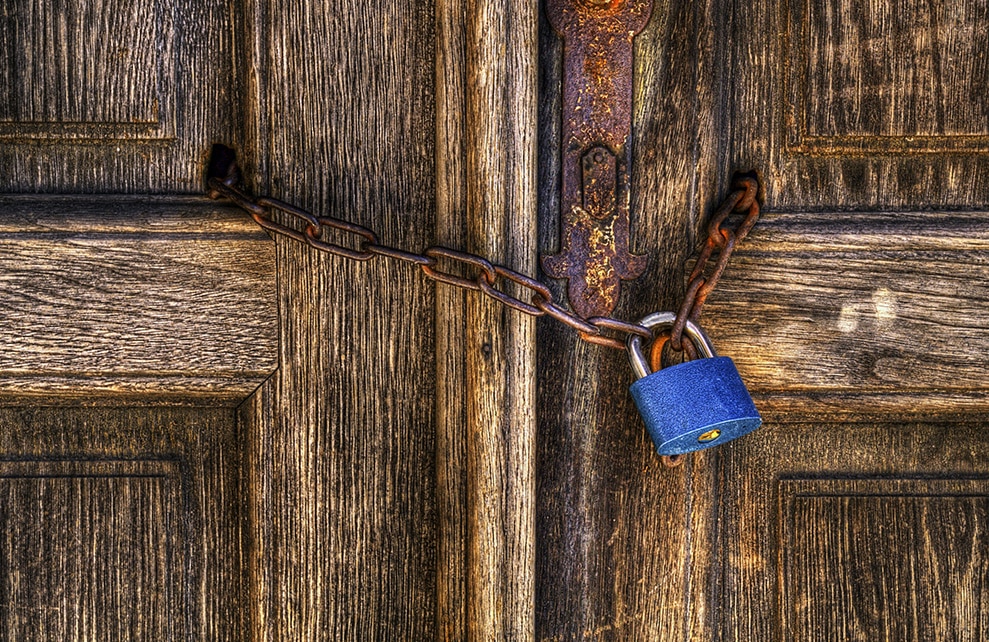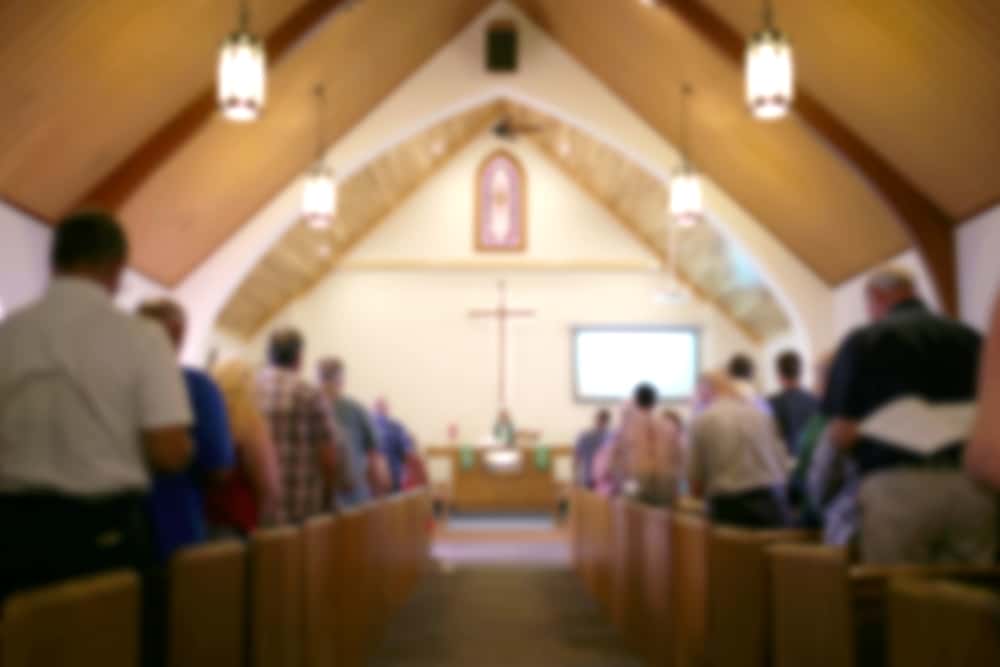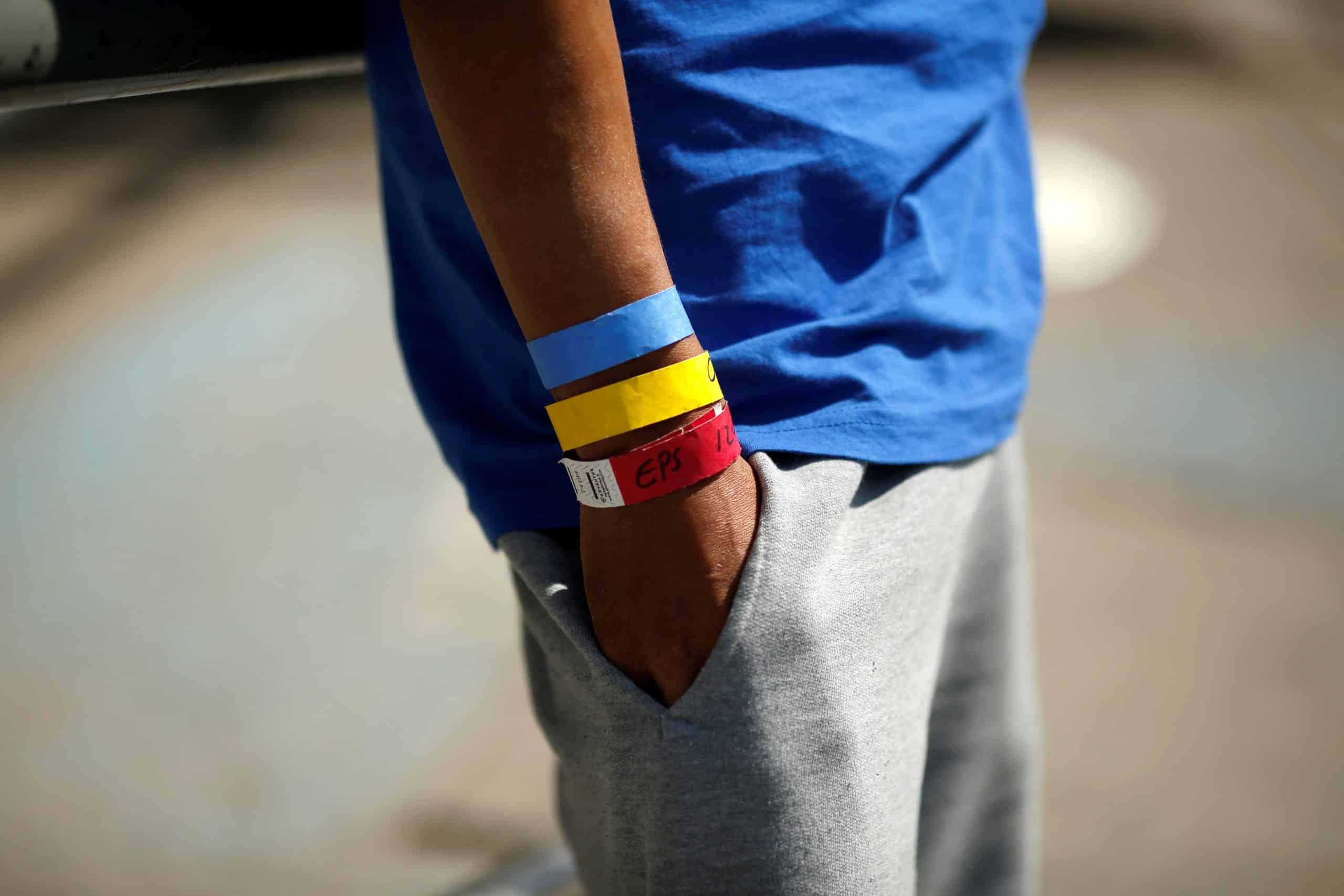The effectiveness of nations and states’ efforts to slow the spread of the novel coronavirus depends on broad social consensus and cooperation. Already, though, critics such as R.R. Reno of First Things are lambasting these efforts in the strongest possible terms. Reno is a New York resident who is seeing up close the effects of Gov. Andrew Cuomo’s aggressive actions to combat the virus. Reno doesn’t like what he sees.
I think Reno is right to criticize Gov. Cuomo for collapsing all the state’s efforts at containment into possibly saving “just one life.” That is a tired cliché, with which some authority covers over his decision by putting his opponents in the position of saying that one life does not matter. Reno calls this a “disastrous sentimentalism.” It is probably something more like an echo of limp moralism.
After that, I stop agreeing with Reno, because he ratchets up his critique to an opprobrium of anyone advocating social distancing and quarantining measures. Why? Because those who advocate such measures are under the dominion of Satan. We are allowing death’s power to rule our lives.
In Reno’s eyes, those favoring the suspension of previously scheduled societal functions are making “physical survival” the highest principle. Even those whose chief concern is unwittingly communicating the disease to others are guilty of his charge. We are not battling a virus; we are being controlled by fear. The pandemic has unmasked us: We now see that everyone is sacrificing at the altar of “survival.”
Reno’s prescription is to follow the example of Americans who lived through the Spanish flu: “They bowed their head before the storm of disease and endured its punishing blows, but they otherwise stood firm and continued to work, worship, and play, insisting that fear of death would not govern their societies or their lives.” That is a simplistic view of American life under a pandemic that lasted over two years, during which government-mandated quarantine of the ill and the dying was used frequently at the state and local level. Even with those measures, 675,000 people in the United States died of the Spanish flu, and 50 million died worldwide.
I fear that, in his article, Reno, while certainly not intending to do so, promotes a false god. Moreover, I fear that — his intentions aside — his voice has now been added to the chorus of those advocating for the disastrous callousness of unimpeachable autonomy.
The false god animating that chorus is a world of our own making. In Reno’s article, true humanity appears when we go about the business of our world regardless of how such actions might come at the expense of the well-being of others. The important thing is that we work and worship and play, visit and picnic, host dinners and go to concerts as we did mere weeks ago. Yet to do so risks making living as we like the highest principle. There’s a fine line between not letting death rule our lives and falling into worship of a world of our own making.
The primary virtue of this world is autonomy: the sacred and inviolable right to self-rule. Individuals ought to do as they otherwise would despite the potential harm they would do to others or their community. Cities ought to return immediately to their daily rhythms regardless of what those rhythms might spread. Nations ought to pursue their economic prosperity without regard for how the very mechanisms that generate economic activity establish the conditions health experts warn us to avoid. Anyone who advocates for a break from life already in progress is under the sway of the power of death. The moral choice to act for the good of others, whether on the personal or social level, is thereby invalidated.
The most pernicious aspect of Reno’s fiery lament is how he portrays Christians who disagree with him. Though we may say that we are acting in favor of life, he judges us as engaged in an “ill-conceived crusade against human finitude and the dolorous reality of death.” Death is coming for us all anyway, so trying to postpone its advent is both cowardly and lacking in faith. We ought to live as if death did not have power over us, because Christ has conquered death.
That brings me to a second point on which I agree with Reno’s argument: Christ has conquered death, so death has no power over the life of the Christian. That is precisely why many Christians are willing to let go of whatever we must in order to care for others, to care for the community, to care for the well-being of the most vulnerable among us. We have lost money, and we will lose more. We have lost autonomy, and we may lose more. We are preparing to risk our own well-being — even our lives, if it comes to that — so that others may live. We Christians who disagree with Reno are not crusading against death; we’re making sacrifices for the sake of others.
In other words, we’re being Christians.
Leonard J. DeLorenzo, Ph.D. works in the McGrath Institute for Church Life and teaches theology at the University of Notre Dame. You can find him on Twitter at @leodelo2 or online at leonardjdelorenzo.com.





